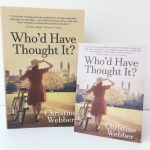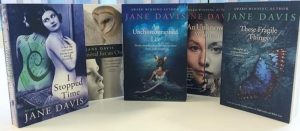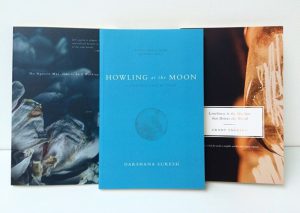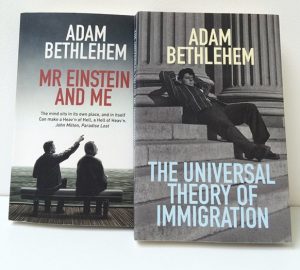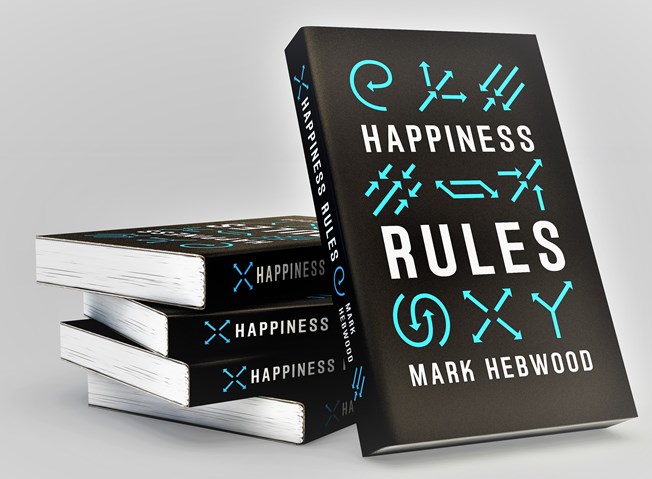
We had the pleasure of working with author Mark Hebwood on his debut non-fiction title Happiness Rules. The book has been described as “a very welcome, and thought provoking, addition to the Self Help genre”, “a rewarding read”, and even as “a modern Seneca” – so high praise all round!
He kindly agreed to answer our questions on his title and also his indie publishing experience …
What kick-started the writing of this title? Was it a moment of inspiration, or has this book been in your mind for a long time?
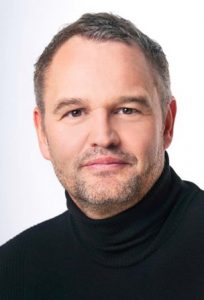 It was my girlfriend. She was telling me about a friend who had a difficult decision to make. I remember offering my take, how I thought her friend’s problem could be analysed, and how her friend should approach it. I must have been quite animated since I remember her saying: “You should write this down exactly like you are talking to me now.” So I did. The result is the book, but I have to admit that many of the things I discuss have been ‘cooking’ for a long time so I sort of knew where I wanted to go.
It was my girlfriend. She was telling me about a friend who had a difficult decision to make. I remember offering my take, how I thought her friend’s problem could be analysed, and how her friend should approach it. I must have been quite animated since I remember her saying: “You should write this down exactly like you are talking to me now.” So I did. The result is the book, but I have to admit that many of the things I discuss have been ‘cooking’ for a long time so I sort of knew where I wanted to go.
Writing a book is a huge achievement – did you have a set writing process at all to manage this?
Actually, I didn’t. I would come home after work, write for two hours or so and then have a normal evening. And of course I devoted most of my weekends to writing full-time. But the writing process was a real joy. It was as if I had a ‘secret project’ going on nobody else knew about. Often, I would spend lunch with researching certain ideas, and think intensely about the issues on my way home. So often, when I got back from work in the evening, I had an approach to a chapter in my head, and I would merely write down what was there.
There is a lot of self-reflective practice for the reader in Happiness Rules, with an emphasis on knowing yourself rather than changing yourself – this is a unique and refreshing perspective, how did you come up with this?
I wish I could take credit for the concept of self-knowledge! But the idea is very old – at least as old as ancient Greece, where it popped up everywhere you looked. I have always felt that an ‘authentic’ life needs to be based on knowledge of who you are. It is the pillar on which my philosophy, and my book, is based. The key message of the book is this: you need to know who you are in order to know what you need. And when you know what you need, you need to get it. If you succeed, you will have built a zone in which your strengths matter, but not your weaknesses. This zone, basically, is the ‘authentic life’, a life which is meaningful to you, in which you can be yourself, and in which you are valued for who you are.
The book is intelligent yet friendly and approachable – a hard balance! How hard was it to create and maintain this tone throughout?
Thanks for saying that! I wanted the book to be a sounding board, more like a conversation with a friend, and as non-judgemental as I could make it. And yet, it is not easy to develop an authentic life. It takes a lot of dedication, soul-searching, and courage to get there. So yes – there was definitely some danger that the book might turn out dry and far too serious for its own good. It was again my girlfriend who gave me good advice on this. She said I should take a lot of anecdotes from people’s personal lives to make it relatable. So that’s what I did. The anecdotes are designed to move the book along, but they also provide the raw material that I analyse to deliver its key messages.
The book is peppered with personal anecdotes throughout, a generous approach as a writer – why did you choose to include these? Was it difficult to put these in?
The anecdotes are one of the reasons I found this book so much fun to write. Often, I knew exactly what anecdotes were appropriate to illustrate a particular point, but sometimes I had to search around a bit more, and ask friends for help. Some anecdotes are light-hearted, and the reader can laugh with (or at) the author, and that is always a good thing. Others will invite pushback, or reflection. Yet others tell of difficult life decisions, and may resonate with readers. But all of them always serve this double purpose: they are fun to read and offer examples that I analyse to develop the key messages.
There is a chapter on ethics in the book – that is unusual for a title in the self-improvement genre. What made you include this?
As we learn more about ourselves, we will identify some things we like about us, and some things that we don’t like. There’s nothing wrong with that, people are complex, and ‘good’ and ‘bad’ character traits weave together and make up our overall personality. Still, there may be aspects of our personality that bother us, that make us uneasy, that niggle. Do we have to change these? Or can they stand, like a ‘yin’ to a ‘yang’? In the ethics chapter, I develop a method that allows us to judge the ethical fibre of an action. We can then decide whether we are happy with the answer, or whether we need to change our conduct. Our verdict will still be subjective, but now we have an examined stance, and that should make us that little bit more centred, that little bit more happy.
The final chapter explains how to use a self-diagnostic tool you modestly call “The Happiness Test”. What is the idea behind that?
Basically, the tool is a rating exercise and works on the adage “you don’t know what you’ve got until it’s gone”. The idea is to rate things in your life by asking yourself how unhappy you’d be if they disappeared tomorrow. As you rate things in your life, like the place where you live, your job, your friends, your holidays, etc, a complex picture emerges – in this case literally, as I present the ratings on a chart. The chart allows you to see what makes you happy, what you are indifferent to and what makes you unhappy. It’s a useful tool to take stock of how happy we are at a given moment – and importantly to identify things in our lives we need to change if we want to become happier! Actually, you do not have to draw that chart yourself – you can download a spreadsheet from my website at www.markhebwood.com that will produce it at the touch of a button.
Why did you choose to go down the independent publishing route?
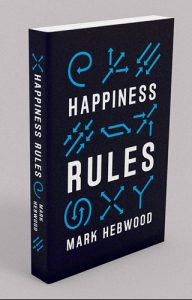 I gave this subject a lot of thought, and the choice between trade-publishing and indie-publishing was not easy. In the end, I decided that I wanted to be the master of my own destiny. I wanted to write this book, and I wanted to write it in my style. I do not think my book is typical of the self-improvement market, and I did not want it to be. I saw the risk that literary agents and trade publishers would hold me to a more traditional approach that slotted more readily into a developed market segment. The essential message of my book is “know who you are”. If my book has anything to offer to people, it does so because I wrote it my way. I liked being in control of all the steps in the value chain, writing, production, distribution and marketing.
I gave this subject a lot of thought, and the choice between trade-publishing and indie-publishing was not easy. In the end, I decided that I wanted to be the master of my own destiny. I wanted to write this book, and I wanted to write it in my style. I do not think my book is typical of the self-improvement market, and I did not want it to be. I saw the risk that literary agents and trade publishers would hold me to a more traditional approach that slotted more readily into a developed market segment. The essential message of my book is “know who you are”. If my book has anything to offer to people, it does so because I wrote it my way. I liked being in control of all the steps in the value chain, writing, production, distribution and marketing.
The book looks great, how did you approach all the decisions in making this book as professional as it looks?
I wanted the book to look and feel exactly like a book you would pick up from a bookshop. I worked with an award-winning designer to develop the cover design, and he came up with all the funny icons you see on the cover. They may not mean very much at first, but each embodies the essence of a chapter, and starts making more sense as you read through the book. I also had the book edited twice, and professionally typeset. Finally I chose Clays as my printer, and that was probably the best production decision I made. I got much more than I bargained for – in a good way! My account manager turned out to be more like a mentor and consultant. Clays put all their resources at my fingertips, and the reason the book looks as good as it does is mostly down to them.
What would be your one stand out piece of advice from your indie publishing experience to others embarking on the same journey?
I am very much a novice in this field and not really qualified to give advice. What I would say is that it pays off to have somebody who holds your hand through the process, and is there to offer advice on the many decisions that need making. For me, that counsellor was Clays, but there are other parties out there who I think offer consultancy services.

